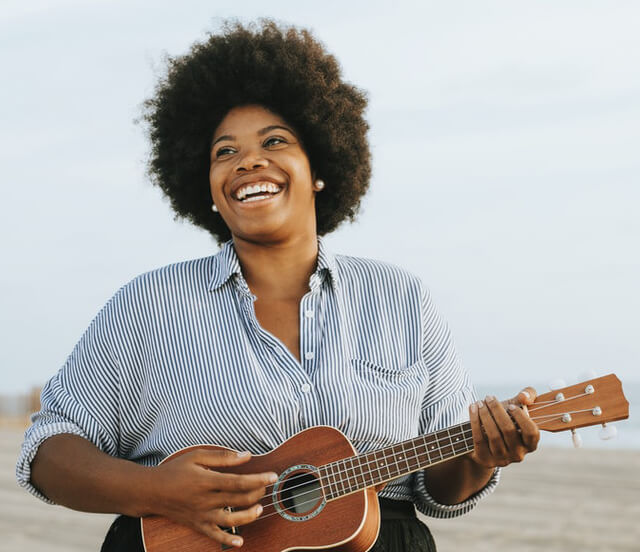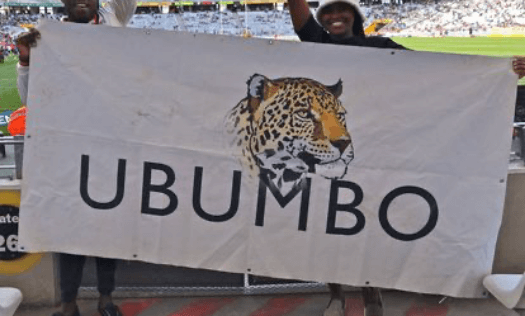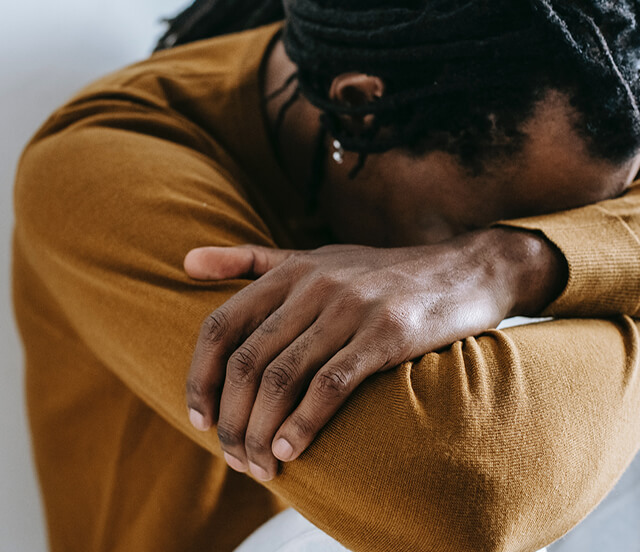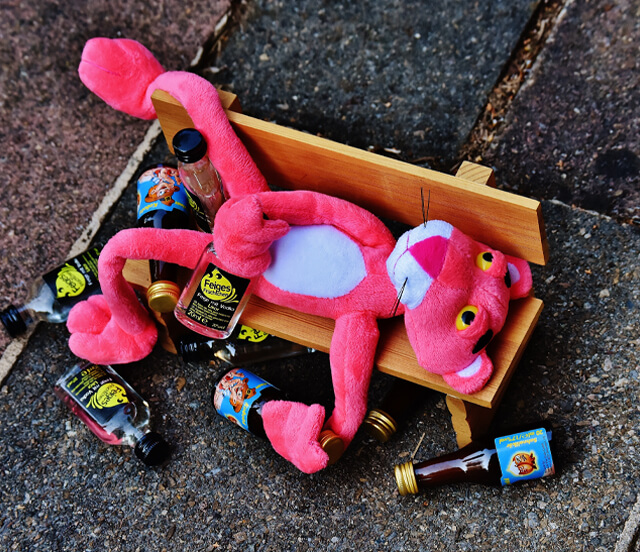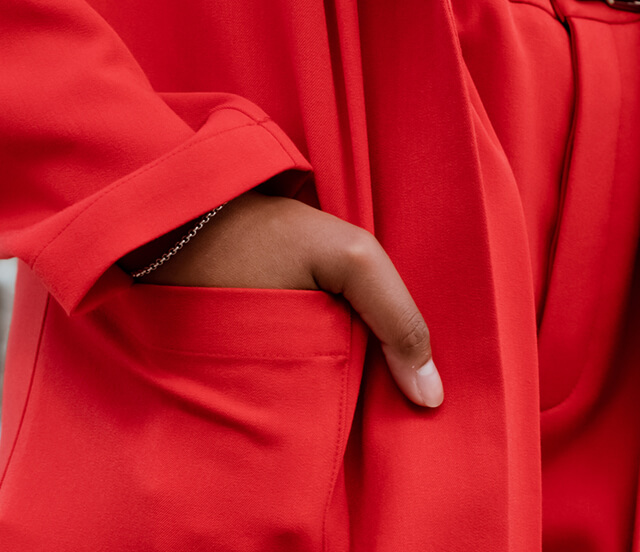by Owona Madlingozi
I don’t know if any of you have ever told one of your parents that they were being abusive or unkind. Well, I have … And I was met with the famous “nimoshwa zezizikolo”. Now the matter of normalising abuse and instilling it as a norm and a form of love at such a young age is an article for another day. Today I want to write about the inherently problematic sentiments behind using phrases like “nimoshwa zezizikolo”, that is “we are being ruined by ‘these’ schools”. The use of such phrases writes off our feelings as unfortunate and undesirable traits inherited from “these (white) schools” that have now “ruined” us. These utterances, over time, have cemented their way into our collective psyche, and rendered “softness” and the expression of soft emotions as a practice earmarked for whiteness and therefore undesirable for Black people.
Throughout my life, there have been things ‘earmarked’ for white people. ‘Black’ schools didn’t go hiking or camping or have outdoor excursions, so outdoor activities became “izinto zabelungu”. Black people didn’t have access or the money for travel, so vacationing became “into yabelungu”. We also all know that “there’s food at home”, and so eating out became “into yabelungu”. Because our grandmothers and/or mothers were cleaners or worked in white people’s homes, when a child would be resting while work was being done the slur/comment was “hayi inoba ungumntan’omlungu” or “awunosebenza kaloku wena uyinja yomlungu”, inferring that you were behaving like a white person’s child or animal – the boss’s child or animal.
Last year I told my supervisor I was going to the beach after work and he said I live like a white person. I then explained to him that we, black people, have been socialised and conditioned into thinking of ourselves as most valuable through our labour. Every part of our lives is laborious and of service to others. Apartheid spacial planning, which still affects us up to this day, has us erroneously believing that we do not belong in certain spaces; and that we deserve only to enter those spaces as labour. Couple that with white people in those spaces making us feel unwelcome, and in some instances doing their best to ensure that we do not access them, and you have a successful onslaught. As a result, we as Black people often do not see ourselves as belonging, or being welcome in certain spaces. And more often than not, those spaces are the tranquil ones, the luxe ones, the ‘soft’ ones.
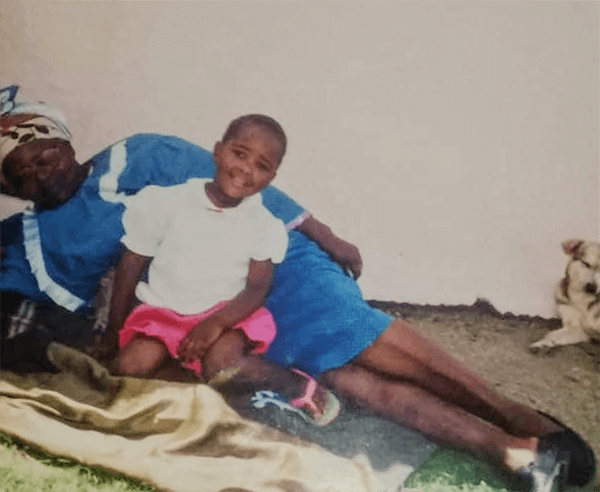
Whilst we all know this to be true, the fight for physical space is not the challenge I want us to fight. I want us to fight the inner challenge, mostly for ourselves, but also for our parents and family who believe that softness is antithetical to their existence – that softness is a luxury rather than a necessity. What we need to do is to understand that we have always been people of rest, since somehow, we seem to have forgotten this. Reflecting on a personal proof of this, my favourite picture is a picture of my grandmother and me, seated on ikhukho (a woven mat) behind one of the houses at home. I recall that my gran made sure that every single day at 16h00 we had incam-ncam. At the time this was Coco’s Ginger Beer and it was my favourite time of day. I also fondly remember how my grandfather used to come home from herding the sheep and whatever else he was doing during the day, to sit between two trees in front of the kraal and smoke his pipe.
In trying to determine why it is that we as a people have forgotten that we are worthy of rest, I have resolved that it is because we have learned to associate rest with certain spaces, and not with others. By this I mean that we have come to understand softness as limited to specific localities. Softness is something we perhaps do not understand as being practiced in familiar places. Therefore we do not associate that which we grew up seeing – my grandmother’s rest on the mat and my grandfather’s afternoon pipe between the trees – as softness. To find our way into softness, we need to first understand what softness is. And what softness is, is rest. Once we have understood that, then we will come to understand that rest is “anything that slows you down enough for a mind body connection. Rest is daydreaming, walking, slow dancing, meditation, prayer, hot baths, sipping tea slowly, bird watching, deep eye contact” and so much more. Finally, after we have internalised that, we must seek to take up space (thank you Zozi). To be able to experience a limitless softness, we have to believe that we belong in all the spaces we want to be in. We have to internalise belonging, even in the eye of resistance.
I know that this may seem unfamiliar and challenging, but I want to assure you that intrinsically, this is nothing new. You do know rest and you have experienced softness before. It just didn’t look like walks on the beach, Saturdays at wine farms and picnics at the botanical gardens. That was due to a lack of access. You had no control over that. But now? Now you’re here. Now you’re here, and so go on and treat yourself to the softness you deserve.

